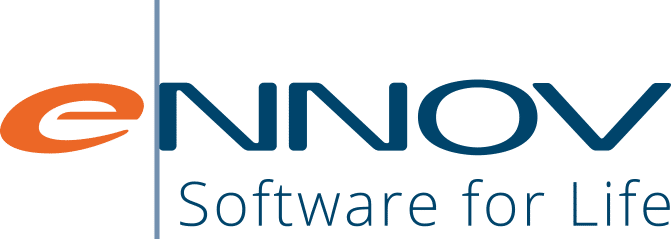In today’s digitized world, data is often termed as the “new oil.” The Life Sciences industry, rich in complex processes and critical operations, generates vast amounts of data. But what’s more important than just collecting data is the ability to glean meaningful insights from it. As we continue our series on the defining attributes of next-generation Quality Management Systems (QMS), we turn our focus to a pivotal aspect: Data-Driven Decision Making.
How can your organization stay ahead in the evolving QMS market? Click here to access your complimentary “2023 Gartner® Market Guide for Quality Management System Software“
The Significance of Data-Driven Decision Making in QMS
The capability of a QMS to be not just data-rich but data-smart is instrumental in charting the path forward for any organization in the Life Sciences domain. Gone are the days when decisions were made solely based on intuition or past experiences. Today, with the explosion of data sources and the complexity of the regulatory environment, relying on quantifiable, accurate, and timely data is no longer optional—it’s imperative.
Harnessing the Power of Data
By emphasizing data-driven decision making, QMS aims to:
- Enhance Precision: Leveraging data analytics ensures that decisions are based on concrete evidence rather than assumptions.
- Mitigate Risks: Real-time data analytics can flag potential compliance issues or process bottlenecks before they escalate into more significant challenges.
- Foster Proactivity: Predictive analytics, powered by historical and real-time data, can guide organizations in anticipating future challenges and preparing for them in advance.
- Streamline Operations: A data-centric approach can spotlight inefficiencies in operations, paving the way for optimization.
The Need for a Holistic View
The true power of data-driven decision-making lies in its ability to integrate insights from diverse sources. Whether it’s feedback from clinical trials, metrics from production lines, or compliance reports from different geographies, a next-gen QMS should be capable of providing a consolidated view, ensuring that decisions are holistic and well-informed.
Setting the Direction
While the essence of data-driven decision making is clear, it’s but one of the myriad facets of a robust QMS that we’ll be examining in this series. It underscores the transformation from traditional, often siloed systems to a more interconnected, intelligent framework.
Conclusion
Embracing a data-driven approach is more than just a technological shift—it’s a strategic one. In the subsequent posts of this series, we will delve deeper into other integral attributes, shaping a comprehensive understanding of what makes a truly modern QMS. As we navigate the intricacies of Quality Management, it’s vital to remember the role of trusted partners. With more than 300,000 users, Ennov has consistently demonstrated its commitment to serving the unique needs of the Life Sciences sector.
Concerned about compliance and risk in your current system? Contact Ennov to develop a proactive approach to Quality Management.


